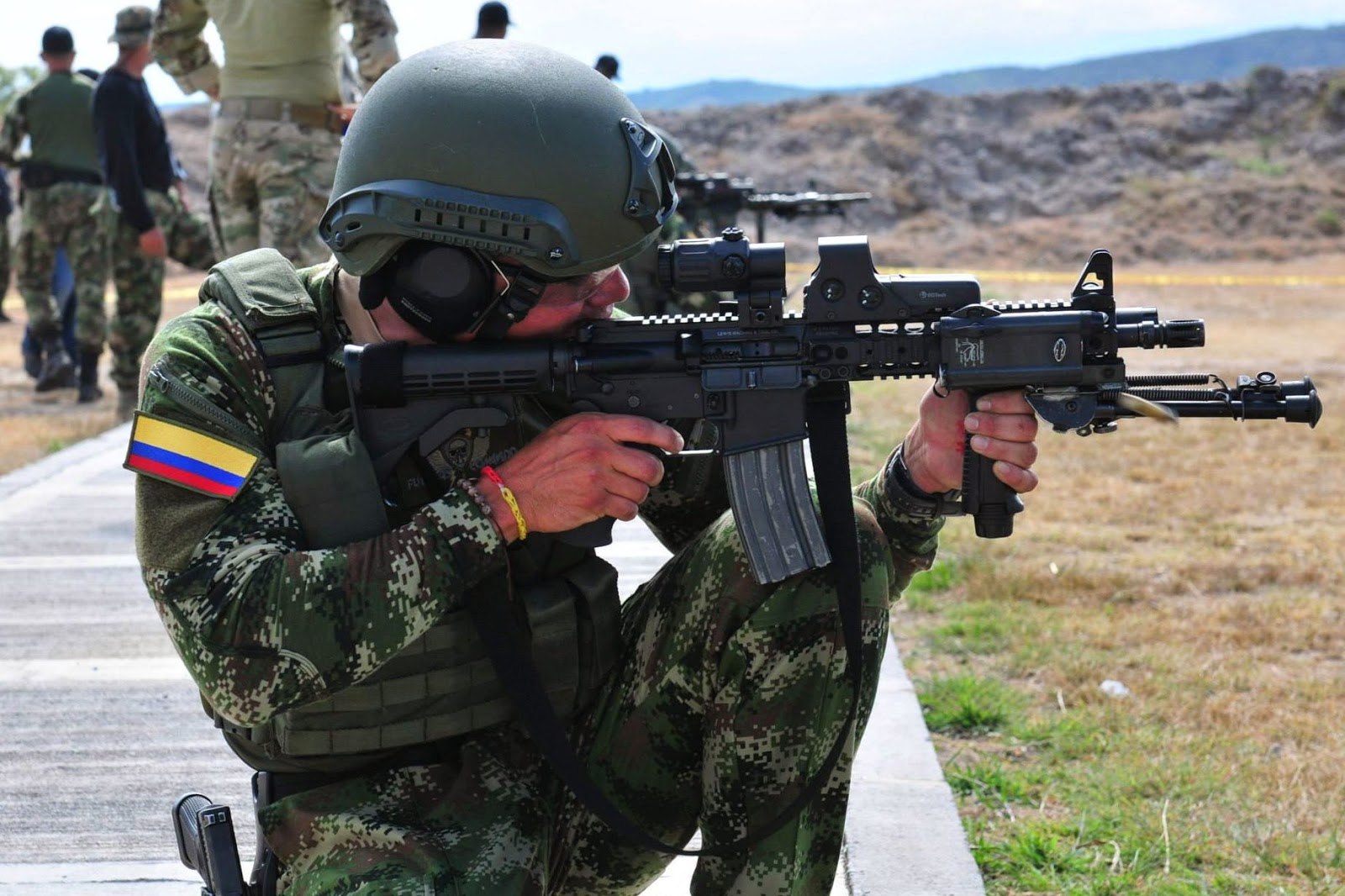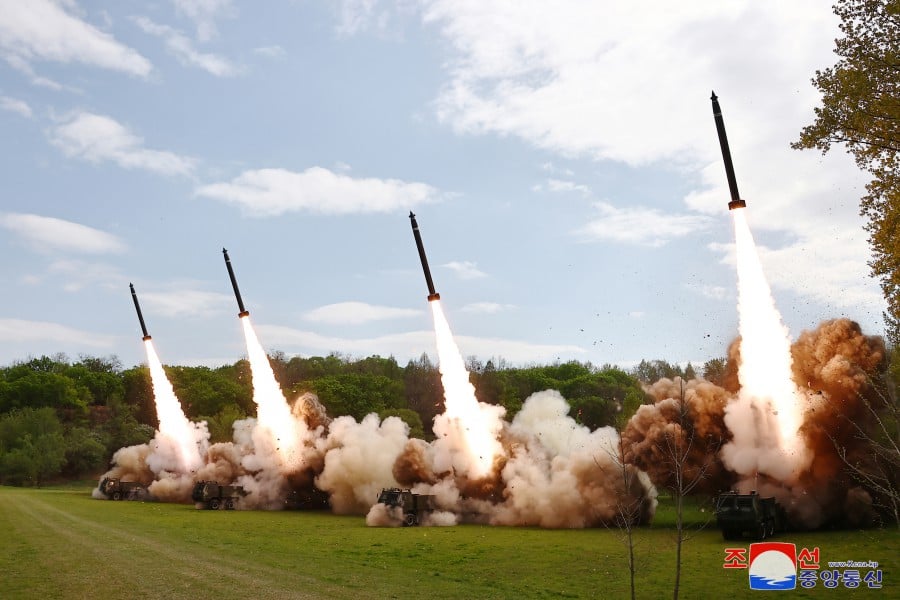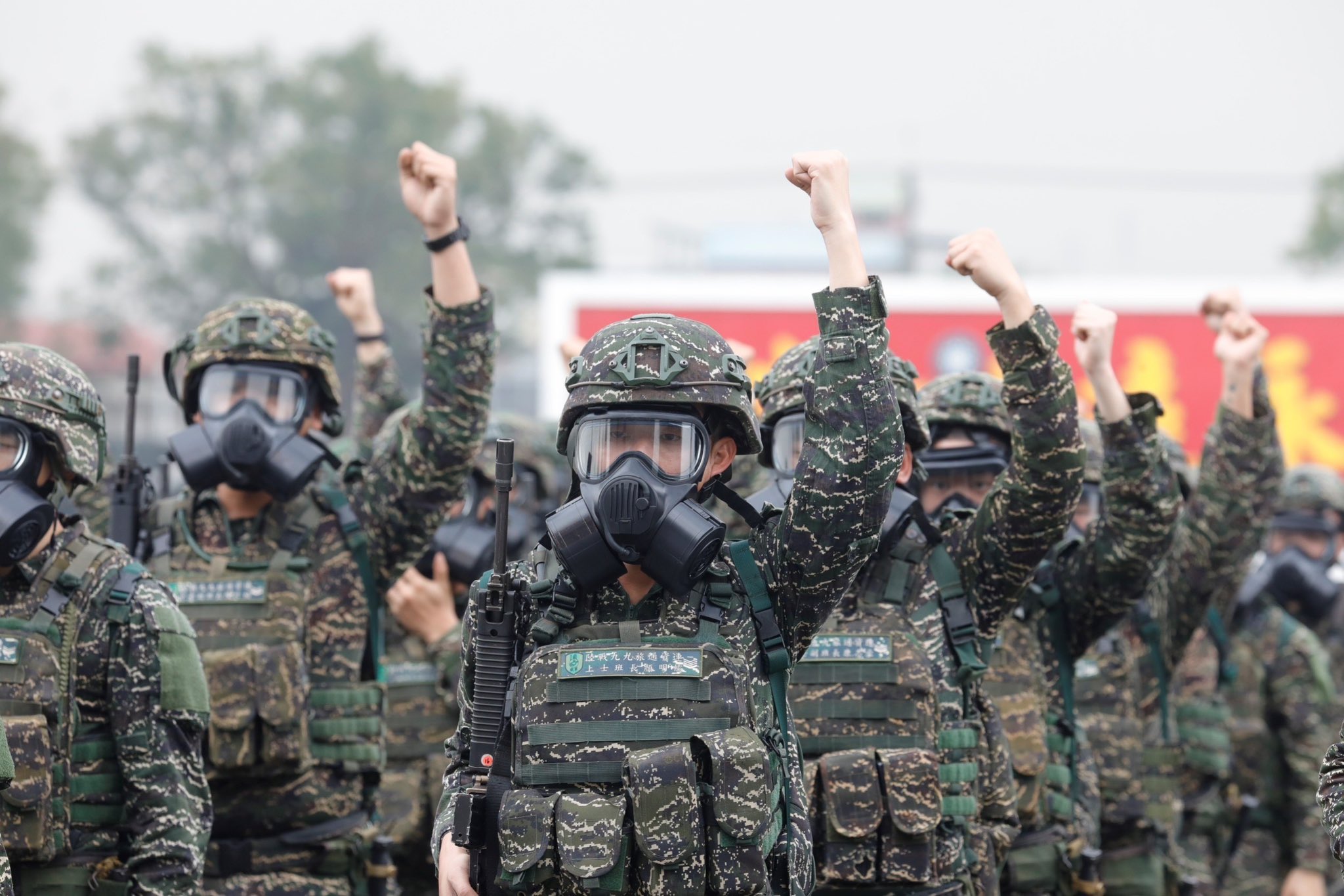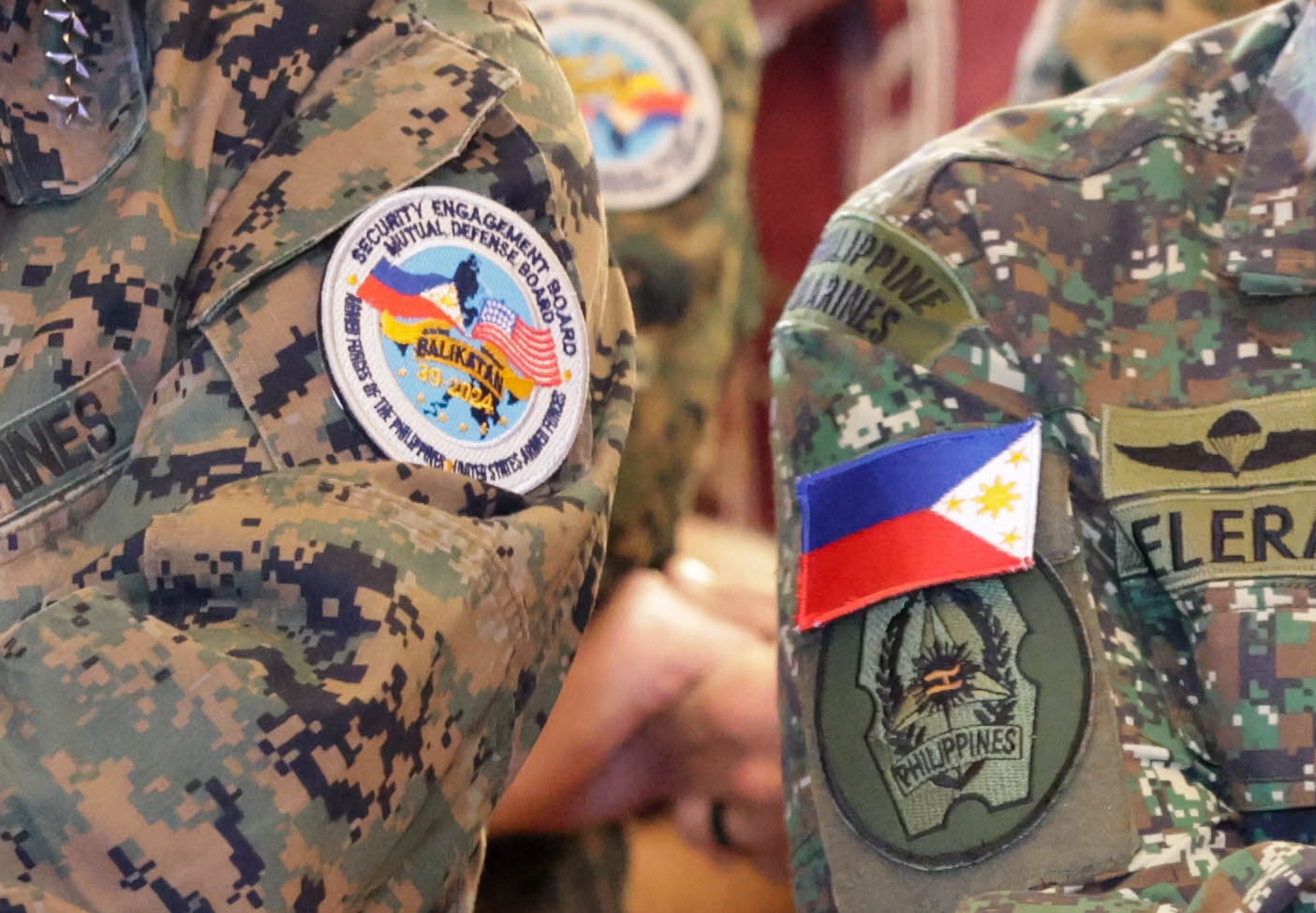
Colombia’s ongoing push to curb violence and diminish the influence of drug cartels within its borders is the region’s “bright shining example,” the commander of Southern Command told attendees at a Washington think-tank forum Friday.
Speaking at the Center for Strategic and International Studies, Marine Corps Gen. John Kelly added that Central American countries—Honduras, El Salvador and Guatemala—in their Alliance for Prosperity are beginning to follow the same path, but have a long way to go.
The high rate of consumption of heroin, cocaine and methamphetamines in the United States makes progress slow. The heroin epidemic, he said citing it as an example, has spread out of working-class neighborhoods into the suburbs and onto college campuses. Drug overdoses claim 40,000 lives a year in the United States. Central American nations “do ask that we would do something to get at the root cause” of the increased drug demand and the higher profits falling into organized criminal gangs’ hands as a result.
Kelly said that 191 metric tons of narcotics were seized either before it left the country of production—often Colombia—or on the high seas last year; but if not interdicted then, the drugs make it into the United States where they become much harder to trace because the shipment sizes are so much smaller.
“All the things they need is economic development, jobs,” Kelly said but they are held back by the violence in narco-trafficking through the region. “They don’t want to leave their homes” or send their children away, but parents do—to keep them out of drug gangs. “It’s just the violence” that is leading parents in those countries to make those decisions. He said the death by violence rate is 91 per 100,000 in Honduras, higher than in Afghanistan.
Kelly said even officials in those countries who are honest are afraid, and “they should be afraid.”
He said the alliance is striving to improve their economies, provide citizen security, and repair the justice system. Outside of the church, “the only institution that truly works [in these countries] is the military.” Citizens “are afraid of the police” because of their history of corruption and human rights violations.
Kelly has set up a two-person human-rights cell in the command. In his trips in the region and at meetings in Washington and at his Miami headquarters, he said he constantly brings up human rights issues with governments, such as in Honduras, where 200,000 people were murdered by government-sponsored death squads in the 1980s, and meets with human rights activists.
He said when an atrocity has occurred he brings up My Lai, where several hundred Vietnamese civilians were killed. The choice, he said, is to try to “cover it up” or “investigate and hold them accountable.”
Trade between the United States and the 42 nations in the command “is robust.” Kelly disparaged the quality of goods made in China and Russia. The Central and South Americans “like our stuff”—from jets to helicopters to water purification systems.
Kelly said he was surprised to learn how widespread Walmart’s operations were in the region and added that government agencies could learn much from the private sector in developing economies there. “They love it when we ask them how can we help.” He praised the work done by the Inter-American Development Bank.
“They love it when we say we’re neighbors.”





